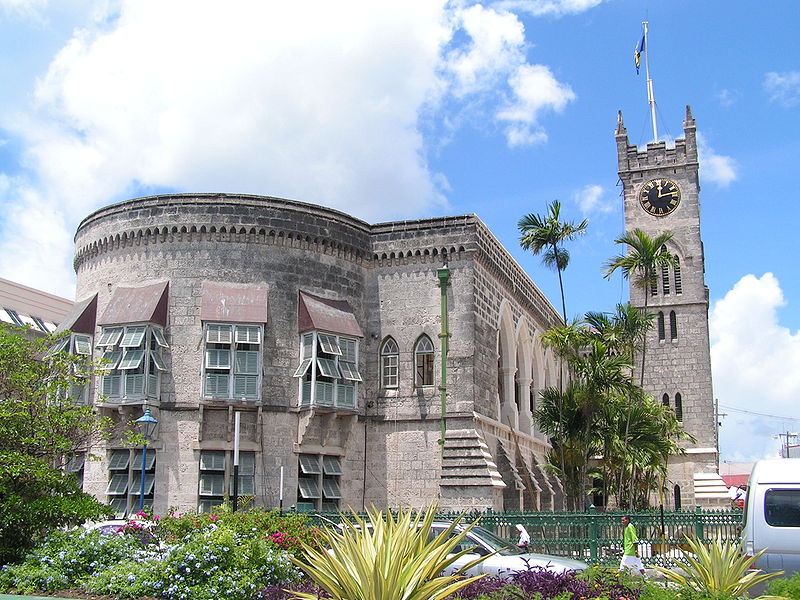Eurosceptic Barosso. Advertising giant. Risky bank purchases.
Government’s clerks are shut down in the United States, and only those who send people to prison are still at work. So far, the world hasn’t noticed it yet, except for the unlucky landmark visitors led by pocket travel guides.
Nobody can shut down Brussels’ officials. But they see problems coming. German election results did not end up in a catastrophe for them, as Merkel’s strong words don’t usually turn into strong actions, and the Eurosceptic AfD didn’t enter the parliament with the narrow 4.7% share of votes. But the same nightmare came true in Austria. Two Eurosceptic parties have won over 27% of the votes and they have reached over 30% adding the third party, which didn’t enter the parliament. One of those which did, Team Stronach, openly talks about returning to the Schilling.
Nigel Farage’s UKIP is trying to build a local alliance with the conservatives. While David Cameron has refused to cooperate with the party, the Eurosceptic wing listens attentively. Michel Barnier – the Commissioner for internal market and services – stated that Eurosceptic voices should be taken seriously. So, he wants to take Brussels’ typical action: „We must have a debate in the following years.”
Surprisingly, maybe under the influence of his upcoming retirement, the initiative has been taken by Barroso. The Commission prepared a list of regulations, including the famous hairdressers’ regulation or soil quality regulation, whose effects will be reconsidered. The list faces criticism of the officials who are threatened with losing their power. But as the newly found Eurosceptic Barroso said: „I strongly believe the EU should not meddle in everything that happens in Europe.”
But before we glow with the forthcoming reform happiness, let’s recall some negatives of the EU, for instance, the EU funds. The EU anti-fraud agency OLAF has commissioned a report, according to which 2.2 billion euros was stolen in public and EU funds in eight member states (France, Italy, Hungary, Lithuania, the Netherlands, Poland, Romania and Spain) in 2010.
Or another negative: foreign aid policy. We wrote about the EU funded African roads, which have quickly fallen in disrepair as the European financial support had run out. Or billions of euros lost in the Egyptian chaos, formerly sent as human rights support. Recently, the European Court of Auditors published findings that less than a half of 1.9 billion euros worth of 16 aid projects examined in Congo has delivered most of the expected results. In addition, the think-tank New Direction published a report which says that the EU spends 7.5 billion euros on non-governmental organizations. It is almost as much as the budget revenue of Latvia. Two thirds have been spent on organizations with humanitarian or social missions. The British organization TaxPayers’ Alliance has presented the EU Fiscal Factbook. You can read there that the EU has 44 diplomats in Barbados, bigger advertising budget than Coca-Cola, or that 156 million euros worth of fish is dumped dead into sea every year due to fishery quotas. In spite of such waste, the Commission still wants more. The 2013 budget has just been increased by 7.3 billion euros and the Commission already demands an extra 3.9 billion euros.
No wonder that there’s a wide-spread Eurosceptic mood among the EU citizens reflected also by the election results. Eastern-Europeans have one more reason for that. Most of them had been second-class citizens just until the recent labour market opening. Romanians and Bulgarians still stay there. The French oppose border check-free travel for them.
And the Euro crisis? No fresh news. Spain’s debt will probably reach 99.8% of GDP next year (the highest value since 1909). The Greek Prime Minister self-confidently said that European partners shouldn’t procrastinate too long finding a solution to his problems – specifically to cover the gap in his budget for the upcoming year. We should mention that Greek public expenditures are now 12 billion higher than in the last pre-crisis year of 2006. The Italian Prime Minister won a confidence vote thanks to Berlusconi‘s about-turn and his following support vote. German mayors criticize the federal government‘s spending reduction plan. The plan places all the burden of reducing the budget deficit on town halls, which are usually more accountable to budget managers than the federal government.
There are clouds over the banking system as well. The Bundesbank president, Jens Weidmann, expressed his worries about banks motivated to buy too many government bonds. „The assumption that government bonds are risk-free has been dismissed by recent experience.” The Irish government announced that it has ensured the financing for both this year and next one. But the Irish central bank is concerned about a 9.3-billion-euro mortgage debt, which has been behind with payments for almost two years. Brussels’ solution? More money for the banks. Allegedly, the EU is thinking about a transformation of the Balance of Payments fund, which has about 40 billion euros available (after part of the fund being used to help Latvia, Hungary and Romania). It should be turned into a bank backstop for member states outside the Euro bloc.
Finally, let’s have a look at the „you can’t think this up, it’s France!” section. Many important companies are under the threat of a closure. Politicians’ response is typically graceful for the French – close the factory, get fined! Measures like these spread fear. So much that neighbouring Swiss army simulated an invasion of the bankrupt French. The scenario describes France attacking Switzerland to retrieve money it had apparently „swiped” out from France. Military attack is a fiction, but Swiss aversion against unpopular French managers and bankers attacking their labour market is a real thing.
Hope you are more popular at work!
Translated by Michal Kollár



